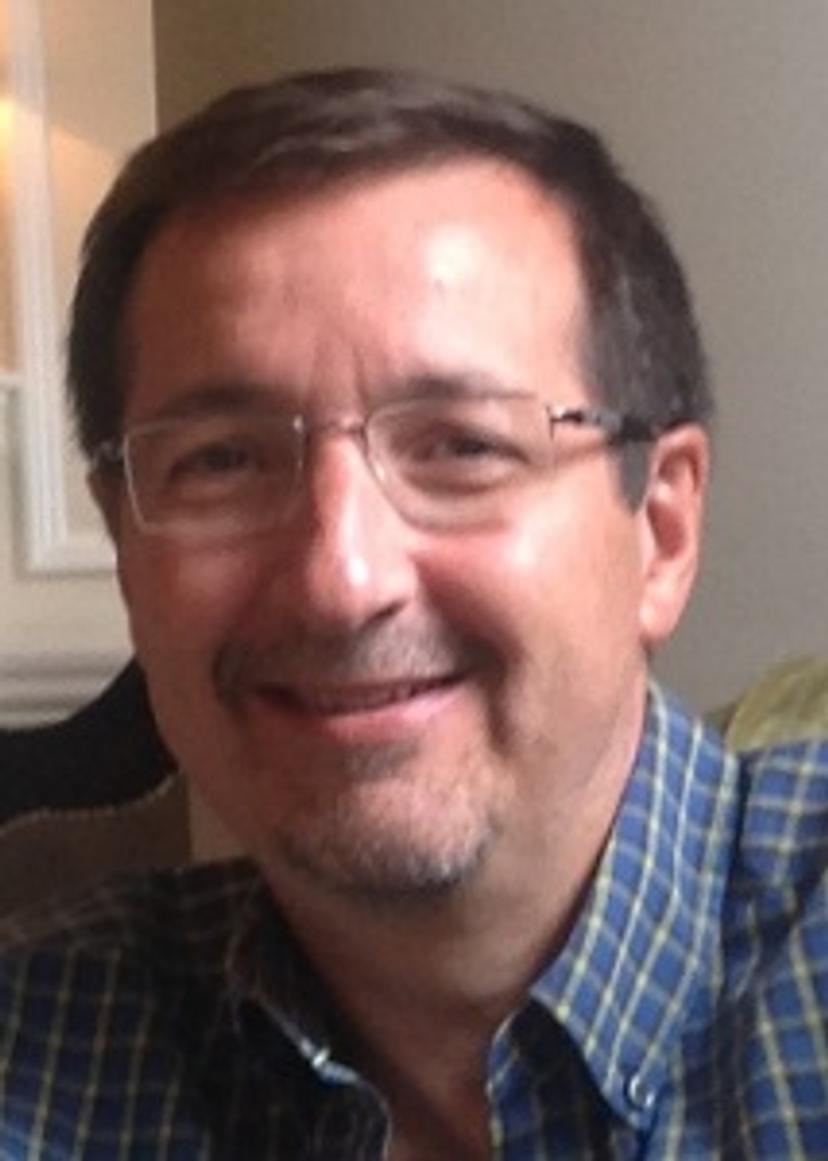Molecular Research and Spanish Drug Discovery
Dr Emilio Diez-Monedero explains the current approach to molecular drug discovery and gives SelectScience a sneak peek into the SLAS Spanish Drug Discovery Network Meeting
24 Sept 2015

Dr Emilio Diez-Monedero, Vice President and Director of the Molecular Discovery Research (MDR) Centre in Madrid, Spain SLAS SLAS is a global community of more than 18,000 scientists—from academia, government and industry—collectively focused on leveraging the power of technology to achieve scientific objectives and aim to unite great minds in science and technology for the advancement of all research.
Emilio Diez-Monedero, Ph.D., is Vice President and Director of the Molecular Discovery Research (MDR) Center for GlaxoSmithKline (GSK) in Tres Cantos, Madrid, Spain. The centre specializes in the use of biochemical and cell-based assay for high throughput screening. It is a state-of-the-art facility with regard to automation, miniaturization and detection systems for in vitro pharmacological studies. The most relevant disciplines include compound management (over two million compounds on site), assay development, cell culture pilot plan, high throughput screening, data analysis, hit qualification and computational chemistry.
The group provides HTS and other early discovery functions (e.g. compound mechanism of action studies, in vitro safety profiling, complex screening data analysis algorithms, etc) in all therapeutic areas to GSK R&D, as well as to external organizations and academic groups in Europe, Asia, and North America via collaboration agreements.
Dr. Emilio Diez-Monedero is also the SLAS Europe Council Chair and is currently participating in the organisation of the SLAS VII Spanish Drug Discovery Network Meeting. His history in the Society goes back over 20 years, having served the Society in different roles including one term in the Board of Directors of the former SBS, and several years as member of the JBS Editorial Board.
What are the industry's current approaches to molecular drug discovery?
Every project in drug discovery is different and it all depends on what knowledge exists in the specific area of unmet medical need. As an industry, we struggle with the attrition rate in the overall process that starts with the inception of a new therapeutic hypothesis and finishes with the approval of a new medicine.
In molecular discovery, at the beginning of this very long journey, the industry is making very important investments in technologies that should help to improve the way we select molecular targets. We are trying to better understand the information on genetics, genomics, proteomics, etc and how it all relates to different pathologies, with the hope that this will result in higher success rates.
Similar to this example for target selection, there are other areas of science where better understanding of in vitro and preclinical data will help to better select the molecules that we progress forward. That includes better selection of small molecules, better assays to predict efficacy and safety in humans, etc.
What are the current challenges and opportunities?
As I previously mentioned, the challenges are many, but for me it all boils down to the lack of understanding and low predictability of preclinical in vitro and in vivo assays and models, and our inability to use all the information available for making the right decisions. Fortunately, scientific breakthroughs in recent years allow us to better understand fundamental aspects of biology, and how this could be use for the design of better assays and models for drug discovery. In this regard, the impact of other technologies such as material science and nano-fluidics, just as an example, are having a very important role on these developments.
Which techniques/technologies are enabling this science?
I believe that recent advances of in vitro manipulation of primary and stem cells, together with new gene editing technologies are going to revolutionize the way we carry out research in early drug discovery. In addition, with the developments on new materials, nano-fluidics, nano-photonics, and cellular technologies, we will be able to better reproduce and monitor cellular events in complex multi-cellular 3D cell cultures and organoids. Altogether we will have access to a much more predictable drug discovery process.
What is the upcoming SLAS Spanish Drug Discovery Network Meeting?
The Spanish Drug Discovery Network (SSDN) will be housing the VII meeting edition in Barcelona (November 12-13). What started seven years ago as a meeting of a few Spanish scientists and technologists from academia and industry with common interest in drug discovery has become a larger event with strong international participations. SDDN and SLAS agreed last year that this event has become core in the activities of SLAS in Europe, and SLAS has taken the responsibility to organize the event from now on.
The meeting will still maintain the local flavor, but it has certainly an aspiration to be a consolidated European forum for scientific and technological discussion on early drug discovery disciplines. The program for this year's edition will include a number of presentations and round tables that will address some of the hottest topics in the field. There will also be opportunity to present posters and we are expecting a good presence of our industrial partners, which provides technical solutions, reagents, and many more of the tools that we use in our drug discovery activities. I am looking forward to being there and interacting with as many of my colleagues as possible and enjoying the atmosphere and dynamisms of the city of Barcelona.
The Society for Laboratory Automation and Screening (SLAS), in collaboration with the Spanish Drug Discovery Network (SDDN), presents VII Spanish Drug Discovery Network Meeting, November 12-13, 2015 in Barcelona, Spain. Registration is now open here.
Register today to expand your knowledge and advance your career! Join more than academics and industry professionals to discuss the latest advancements in cutting-edge technologies for drug discovery.
